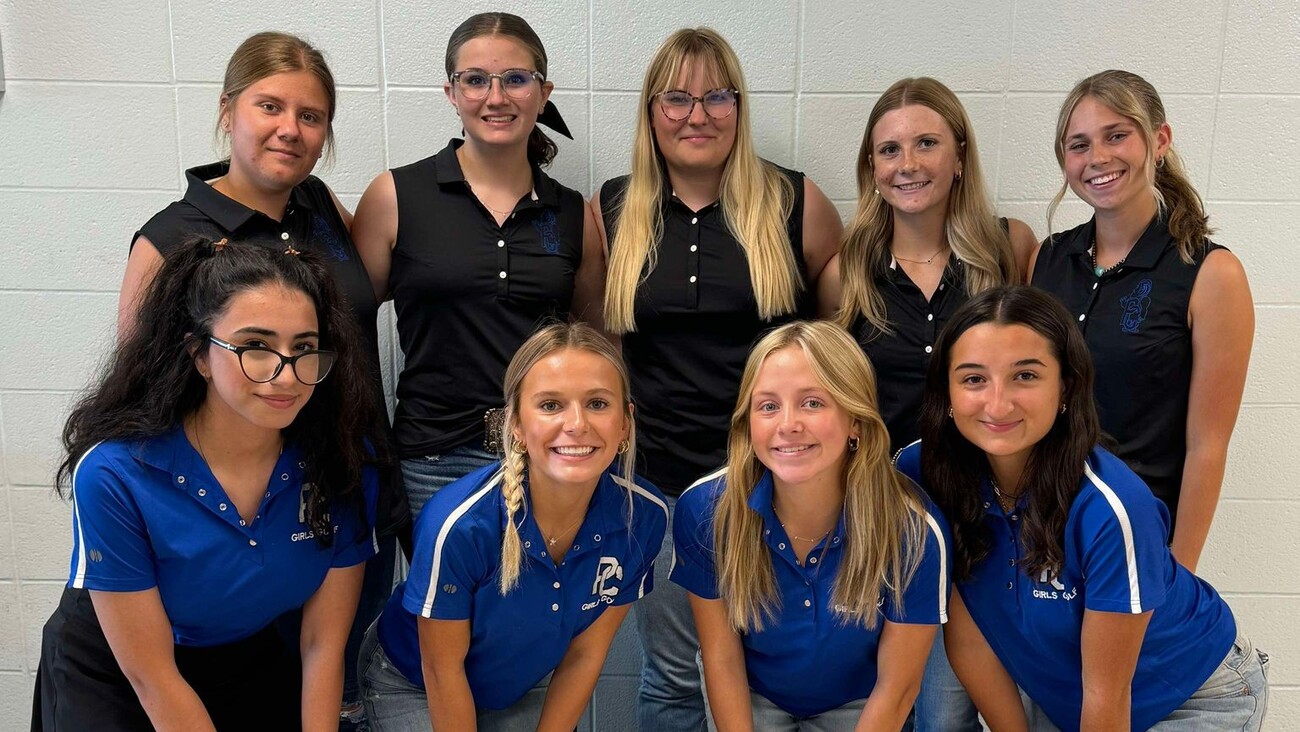From the Desk of Dr. Halley
Homework: You Can Help
Parenting is hard. Being a student can be too. Every parent wants their child to succeed, but helping with schoolwork can be intimidating. First of all, you don’t have to be a whiz at math, science, or grammar to help your student do better in class. A place for school-related items, near the door, is a great place to begin. Here are some other ideas:
-
Making sure they have a specific place to do their work, free of distractions, and some occasional emotional support is tremendously important. You are your child’s most important cheerleader.
-
Help your son or daughter put together a calendar of assignments, due dates, and test times.
-
Learning to break pending tasks into small, manageable chunks insures they stay on top of their workload. Frequently, students freeze when tasks pile up and they feel overwhelmed. Your involvement can make all the difference.
-
Take the time to routinely go through that backpack with your younger students, add those notes the teacher sent to the calendar, listen to your child read those little books.
-
Do your best to make sure your son or daughter has had adequate sleep. Those small steps lead to great rewards in how well your student achieves in school and ultimately, in life.
As your student gets into middle and on into high school, the level of complexity increases and with it the stress of getting everything done. Making time spent doing homework efficient becomes a bigger problem. One strategy for studying you can try is the Pomodoro Technique with a variation. The idea is to break up study time into 25-minute chunks with a 10-15 minute rest period between. For instance, read an assignment either in text or notes for 25 minutes, then do something else for ten. Follow that up with a quiz on the material covered in the first 25 minutes (that’s where you, the parent or a study buddy come in). Do that for 25 minutes and repeat with breaks in between. Using a timer and practicing retrieval of information is a combination that works. Use shorter intervals, if needed. Remember, the idea is to be able to pull what has been learned back out when needed on a test.
Your involvement matters, whether it’s your presence at home, a sporting event, a school play or helping with PTO. Check out the school website for calendar information and more, follow the PCR-I on Facebook, Twitter or Instagram. No one cares more than you do, but it does take everyone working together to make sure your child gets the education he or she deserves.
![]()




.png)
.jpg)
.png)


.png)




.png)


